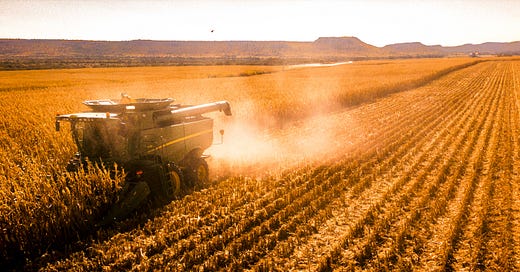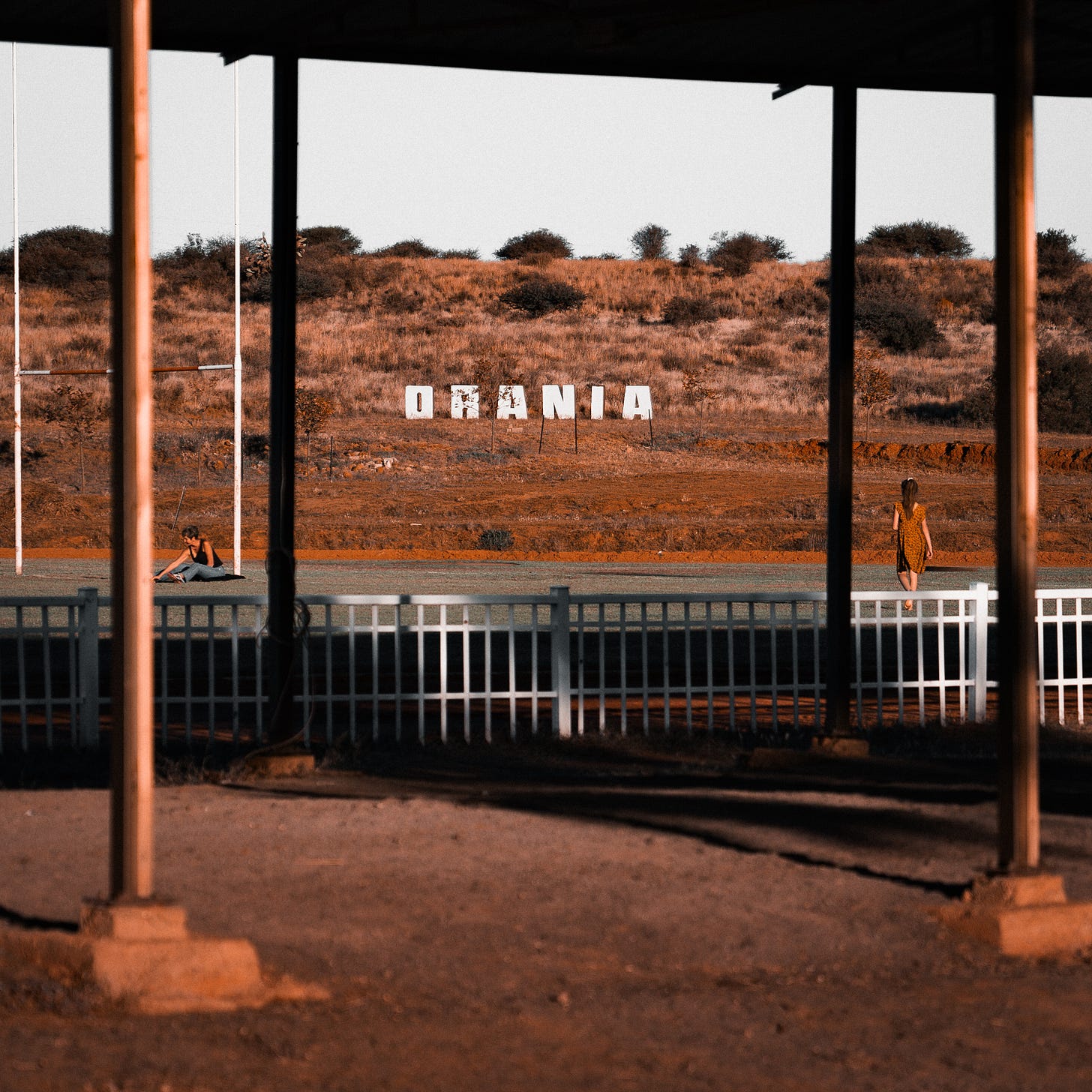The Future of South Africas White Farmers
Dear Readers,
In recent times, the plight of South African white Boers/farmers has garnered significant attention, not only due to the distressing incidents of farm attacks and genocidal songs like ‘Kill the Boer’, but also due to emerging economic and regulatory challenges.
White farmers in South Africa, especially those with an annual turnover exceeding €500,000, now face a pivotal decision: they must either share ownership of their farms with black partners or face restrictions on exporting their products. Therefore, when you buy South African agricultural goods in the future, such as wine, you'll be supporting black businesses.
The South African government has introduced new legislation, as detailed in the State Gazette, mandating that farms must adhere to black empowerment criteria to qualify for export permits to key markets like Britain and the European Union. Farms with an annual turnover below R10 million (approximately €500,000) are exempt, but this threshold leaves many larger, export-oriented farms affected.
These regulations, issued by the Department of Agriculture, Land Reform, and Rural Development, specifically affect the export of products such as fruit, nuts, and wine to the EU and Britain. Given that South Africa's agricultural exports last year amounted to approximately R240 billion, with about 25% directed towards Europe, the implications of these new rules are indeed substantial.
Under the Broad-based Black Economic Empowerment Act (B-BEE), white farmers are now mandated to redistribute ownership to include black partners. Beyond the apparent aggression towards the White minority, this policy presents significant challenges, especially for family-run farms that have been inherited across generations. The question arises: how can one effectively integrate B-BEE into such deeply entrenched family businesses?
These developments are part of broader policies aimed at land expropriation without compensation, targeting white-owned farms for reallocation to the black population. Such measures, including the export restrictions under B-BEE, are increasingly making it difficult for the white farming minority to sustain their livelihoods.
In response to this hostile anti-white environment, some advocate for self-rule and a respectful separation. A prime example of this approach is Orania, envisioned as a future state for the Afrikaner, the white minority in South Africa. Orania represents not just a theoretical solution but a practical one, offering a model for self-determination and autonomy.
For those interested in exploring this concept further, I delve into the development and aspirations of Orania in my newly published book, ‘Orania: Building a Nation’. This work offers an in-depth understanding of Orania's journey towards self-sufficiency and independence.
To discover more about Orania and its relevance in today's South African context, I invite you to read my book. You can obtain your copy here:
Thank you for your continued interest and support.
Best regards,
Jonas Nilsson





